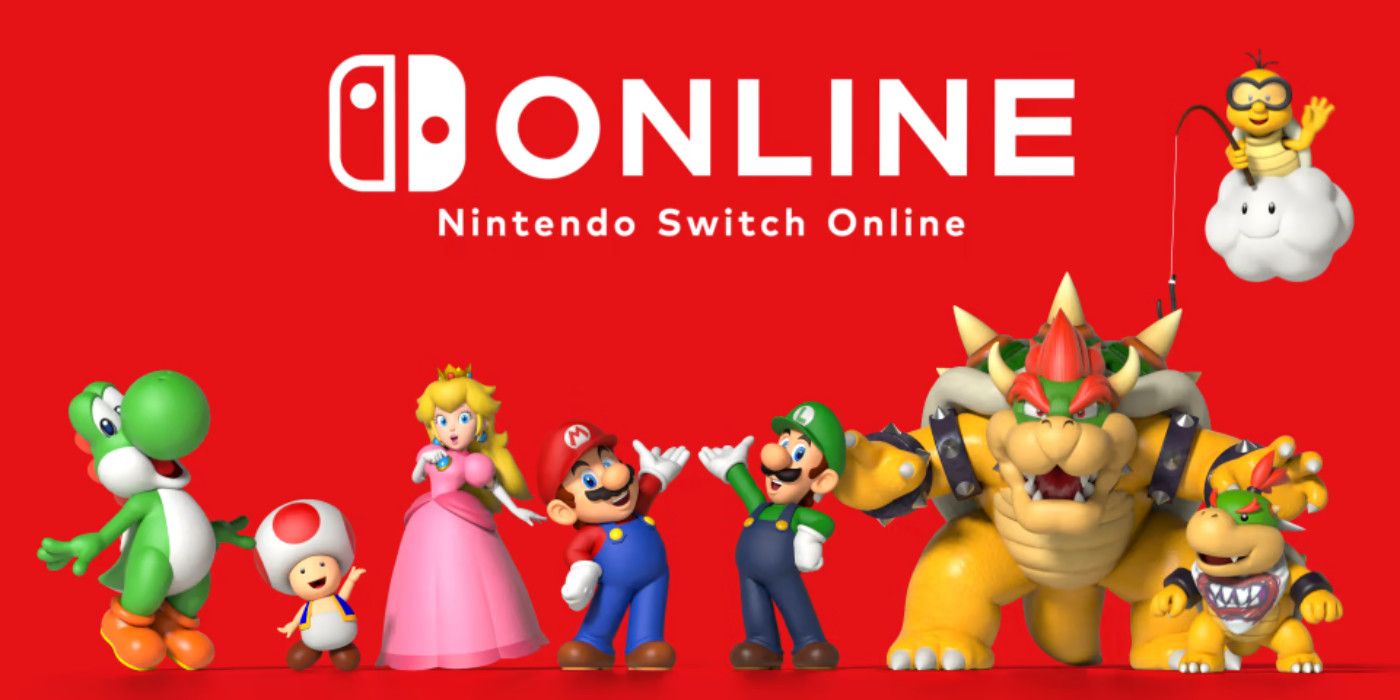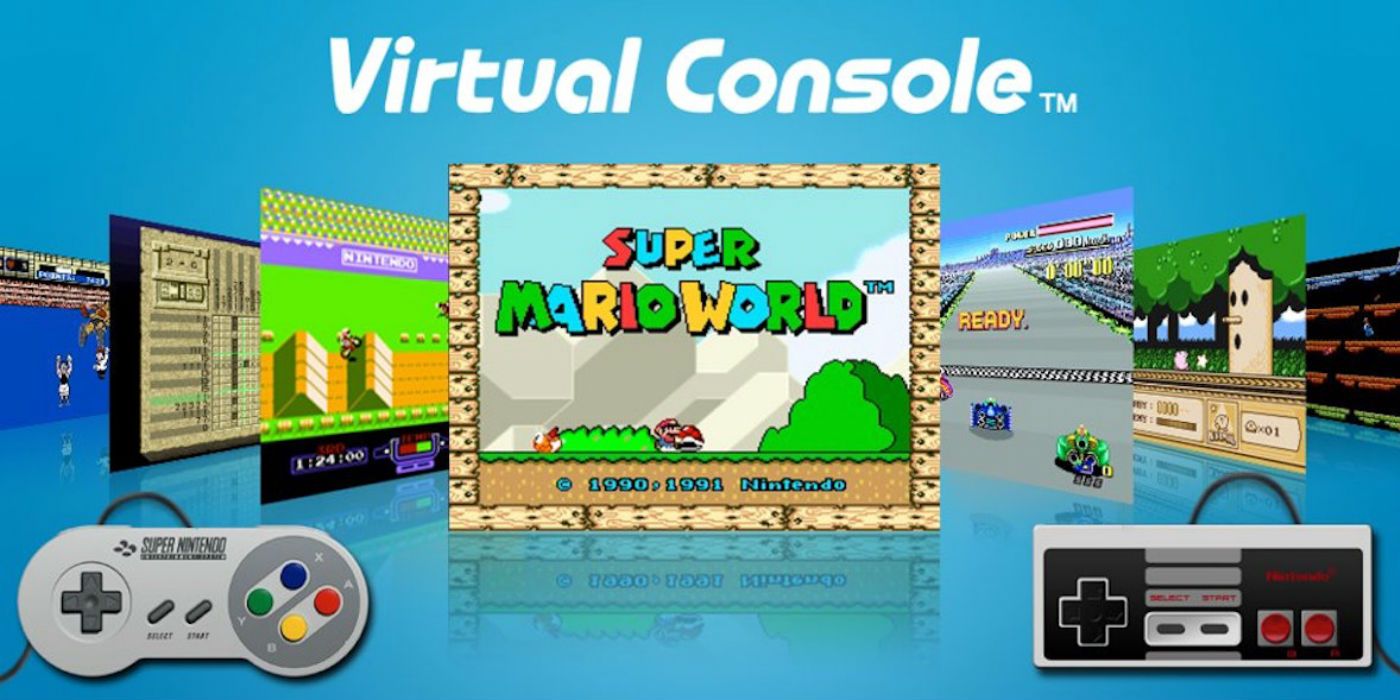The legacy of Nintendo cannot be overstated in the world of videogames, but its recent decision to close the 3DS and Wii U eShops (without providing ways to access Virtual Console content) show that this legacy is not in good hands. These closures are more than a simple inevitability of progress. The handling the closures is a major blow to game preservation, and an equally significant blow to trust for any gamers making digital purchases in the current Nintendo Switch ecosystem. The significant library of Virtual Console games from nine different consoles will no longer be available for gamers, cutting off options to legally purchase classic titles on close-to-current hardware. Nintendo’s indifferent stance towards its obligation to make its own back catalog available is also disturbing, and the lack of backward compatibility across generations devalues any purchases made for the Switch.
Not so long ago Nintendo maintained a streak of consumer-friendly business decisions and upheld the rich history of its past console libraries. The Wii U may not have connected with consumers, but that was not for lack of consumer-friendly features that made the Wii U a superior value to the Switch. The Wii U was backward compatible with the original Wii’s games and controllers, much like the current Xbox Series X/S consoles are for Xbox One games and peripherals. It also boasted the most robust Virtual Console selection of any console to date, offering games from the original Nintendo Entertainment System, the Super NES, Nintendo 64, Game Boy Advance, Nintendo DS, as well as Hudson Soft’s TurboGrafx-16. The concurrent portable console, the 3DS, offered similar features, with DS backward compatibility, and a Virtual Console that included titles from the original Game Boy, Game Boy Color, NES, Super NES, and Sega’s Game Gear.
Following the Wii U’s commercial failure Nintendo ended its nearly 30-year history of offering a portable console alongside a dedicated home console with the Switch, a hybrid that merged Nintendo’s two product lines into a single piece of hardware. Switch-like hybrid designs are probably Nintendo’s future, but the new era has come at a cost. The Switch ended Nintendo’s streak of maintaining one prior generation backward compatibility which had been present in every one of its portable consoles after the original Game Boy, and every home console after the GameCube. The change to a cartridge-based system rationalized the absence of compatibility with Wii U discs, and the unique screen format of the 3DS could perhaps justify the omission of that system’s compatibility. The fact that the Virtual Console titles of the Wii U and 3DS were not supported by the Switch has no justification, however, and with the closure of those systems’ digital storefronts, gamers will be cut off from significant chapters of gaming history.
Switch Online Is Not An Adequate Replacement For Virtual Console Support

As reported by Kotaku, when Nintendo originally announced the planned closure of Wii U and 3DS storefronts, the FAQ included an entry that acknowledged the damage to game preservation and attempted to put a positive spin on the closure. The entry read:
“(Question) Once it is no longer possible to purchase software in Nintendo eShop on Wii U and the Nintendo 3DS family of systems, many classic games for past platforms will cease to be available for purchase anywhere. Will you make classic games available to own some other way? If not, then why? Doesn’t Nintendo have an obligation to preserve its classic games by continually making them available for purchase?“
“(Answer) Across our Nintendo Switch Online membership plans, over 130 classic games are currently available in growing libraries for various legacy systems. The games are often enhanced with new features such as online play. We think this is an effective way to make classic content easily available to a broad range of players. Within these libraries, new and longtime players can not only find games they remember or have heard about, but other fun games they might not have thought to seek out otherwise. We currently have no plans to offer classic content in other ways.”
Nintendo has subsequently removed this entry from the FAQ on the closure, likely due to the poor reception of its attempt at promoting Switch Online as a successor to the Virtual Console. The subscription-based game library included with the Switch Online service pales in comparison to the more than 300 games that are, for now, available through the Wii U Virtual Console selection. Rumors suggest Switch Online will expand to include Game Boy games soon, and other legacy consoles are likely planned for the future. Given that the Switch is clearly capable of emulating older consoles, the decision not to honor prior-gen Virtual Console purchases through backward compatibility is a slap in the face for Nintendo fans.
Nintendo is not the only company to make similar anti-consumer moves. While the PlayStation 5’s backward compatibility with PS4 games is among its best features, the PS4 previously made a misstep in failing to support digitally owned PS1 and PS2 classics purchased through the PS3 or Vita e-stores. The Xbox Series X/S support for digitally purchased Xbox One, Xbox 360, and original Xbox games stands out as the most consumer-friendly in the current console market, aiding game preservation by making these prior-generation games available for purchase on current hardware. It also engenders trust in gamers, which Nintendo has forfeited with its handling of its own e-store closure.
The Loss Of Wii U & 3DS Virtual Console Compatibility Is Also A Loss Of trust

Many gamers debate the pros and cons of physical vs digital videogame purchases. There is a degree of trust required for digital purchases, certainly. The DRM-free games sold through GOG stand at one end of the spectrum, and the storefront recently removed a Hitman title for breaking GOG’s DRM-free rules. PC games sold through storefronts like GOG, Epic and Steam are indifferent to “generations,” a benefit consoles do not have. Buying a digital game within a console ecosystem still offers more surety than Google Stadia, a streaming service with dubious longevity. Consoles offering next-gen support for prior-gen digital purchases helps bridge the gap in trust, to a degree, giving console gamers a taste of the surety that PC gamers enjoy.
Knowing the current-gen Xbox Series X/S consoles support prior-gen Xbox One purchases, including the selection of Xbox 360 and original Xbox games that the system supports, adds value to those purchases. The 76 games added to the Xbox backward compatibility list in late 2021 appear to be the last, which is unfortunate, but there is good reason to expect that games purchased within the Xbox digital ecosystem will remain playable through future hardware revisions based on this precedent. The PS5 supporting the majority of PS4 digital purchases similarly adds value to games bought within the Sony ecosystem, and helps rebuild trust lost with the PS4. With the Switch, Nintendo’s “fresh start” certainly resonated with the market, and the novelty of a hybrid console is undeniable. However, the decision to cut off Virtual Console support suggests that any games bought within Nintendo’s ecosystem have no guarantee of “forward compatibility,” damaging the trust of its e-store, and its value to gamers.
Nintendo is launching a new online storefront for the Switch, which promises a more streamlined design and a better handling of its rewards program. This new storefront unfortunately comes alongside the lamentable Wii U and 3DS eShop closure announcement, along with its tone-deaf response to game preservation and backward compatibility. Games will be easier to find on the new Nintendo eShop, but gamers now weigh purchases knowing that backward compatibility and supporting prior-gen purchases on next-gen hardware is not a priority for the company. All games, including physical media titles, are finite in nature. Older consoles breaks down over time, discs scratch, and cartridges degrade. No matter how durable the design of a piece of hardware may be, nothing lasts forever. Knowing a digital purchase in a particular ecosystem is likely to work on the inevitable next-generation hardware adds value (and builds trust) for gamers. The eShop closure, and its poor substitute in the form of Switch Online, certainly harms game preservation and classic game availability, but the biggest casualty is the trust Nintendo has lost with its fans.




